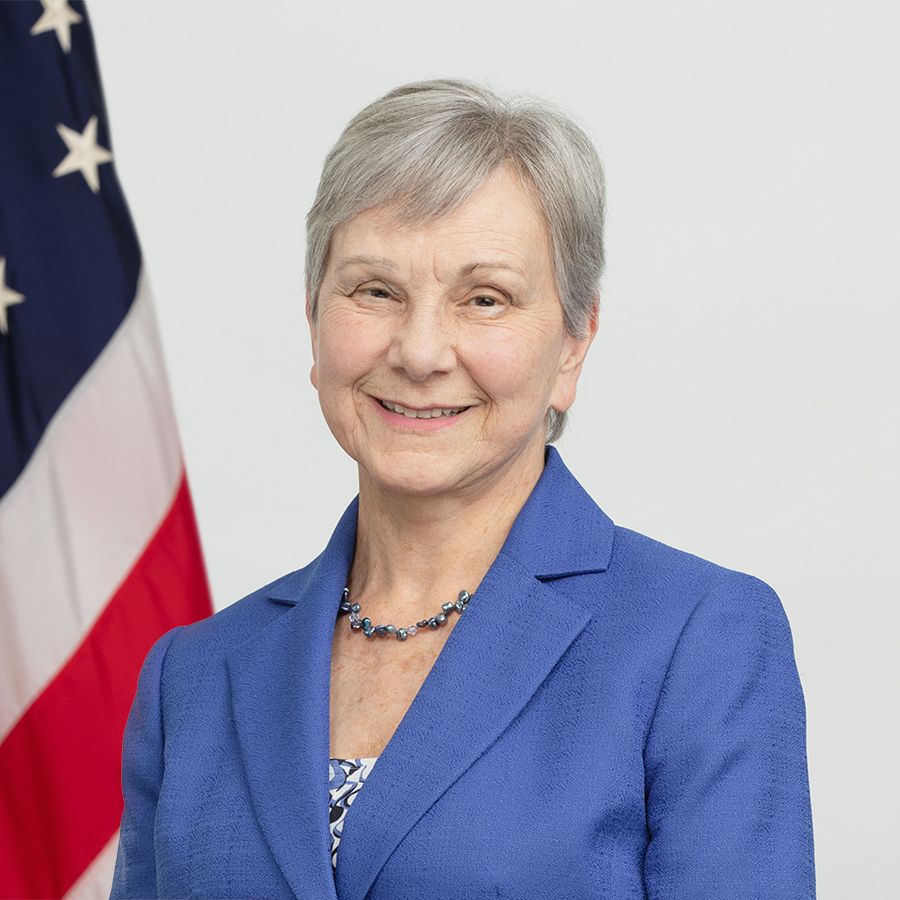- Safety & Recalls
- Regulatory Updates
- Drug Coverage
- COPD
- Cardiovascular
- Obstetrics-Gynecology & Women's Health
- Ophthalmology
- Clinical Pharmacology
- Pediatrics
- Urology
- Pharmacy
- Idiopathic Pulmonary Fibrosis
- Diabetes and Endocrinology
- Allergy, Immunology, and ENT
- Musculoskeletal/Rheumatology
- Respiratory
- Psychiatry and Behavioral Health
- Dermatology
- Oncology
Pfizer/BioNTech COVID-19 Booster EUA Expanded to Ages 16 to 17
The FDA in late November authorized the COVID-19 booster for all people 18 years of age and older.
The FDA has authorized the use of Pfizer and BioNTech’s COVID-19 booster dose for adolescents 16 to 17 years of age, amending its emergency use authorization (EUA). The booster is given at least six months after completion of primary vaccination with the Pfizer-BioNTech COVID-19 vaccine to receive a booster dose, the agency said in a statement.
In late November, the FDA amended its emergency use authorizations (EUA) for both the Moderna and Pfizer-BioNTech COVID-19 vaccines, authorizing the use of a single booster dose for all people 18 years of age and older after completion of primary vaccination with any FDA-authorized or approved COVID-19 vaccine.
Janet Woodcock, M.D.

“Vaccination and getting a booster when eligible, along with other preventive measures like masking and avoiding large crowds and poorly ventilated spaces, remain our most effective methods for fighting COVID-19,” said Acting FDA Commissioner Janet Woodcock, M.D. “As people gather indoors with family and friends for the holidays, we can’t let up on all the preventive public health measures that we have been taking during the pandemic. With both the delta and omicron variants continuing to spread, vaccination remains the best protection against COVID-19.”
“The Pfizer-BioNTech COVID-19 vaccine has been available to individuals 16 years of age and older for nearly a year, and its benefits have been shown to clearly outweigh potential risks,” said Peter Marks, M.D., Ph.D., director of the FDA’s Center for Biologics Evaluation and Research. “Since we first authorized the vaccine, new evidence indicates that vaccine effectiveness against COVID-19 is waning after the second dose of the vaccine for all adults and for those in the 16- and 17-year-old age group. A single booster dose of the vaccine for those vaccinated at least six months prior will help provide continued protection against COVID-19 in this and older age groups.”
The EUA for a single booster dose of the Pfizer-BioNTech COVID-19 vaccine for 16- and 17-year-olds is based on the FDA’s previous analysis of immune response data that supported use of a booster dose in individuals 18 years of age and older.
The data involved around 200 people, ages 18 through 55, who received a single booster dose about six months after their second dose. The antibody response against the SARS-CoV-2 virus one month after a booster dose of the vaccine when compared to the response one month after the two-dose primary series in the same individuals demonstrated a booster response.
Since Pfizer initially submitted safety and effectiveness data on a single booster dose following the two-dose primary series to the FDA, additional real-world data have become available on the increasing number of cases of COVID-19 in the U.S. and on the risk of myocarditis (inflammation of the heart muscle) and pericarditis (inflammation of the outer lining of the heart) following vaccination with the Pfizer-BioNTech COVID-19 vaccine, the agency said.
“These additional data enabled the FDA to reassess the benefits and risks of the use of the vaccine in a wider population,” the agency said. “The FDA has determined that the benefits of a single booster dose of the Pfizer-BioNTech COVID-19 vaccine or Comirnaty outweigh the risks of myocarditis and pericarditis in individuals 16 and 17 years of age to provide continued protection against COVID-19 and the associated serious consequences that can occur including hospitalization and death.”
The fact sheets for recipients, caregivers and healthcare providers contain information about the potential side effects, as well as the risk of myocarditis and pericarditis. The most commonly reported side effects by individuals who received a booster dose were pain, redness and swelling at the injection site, as well as fatigue, headache, muscle or joint pain and chills. Of note, swollen lymph nodes in the underarm were observed more frequently following the booster dose than after the second dose of a two-dose primary series.
FDA Approves Pfizer’s Gene Therapy for Beqvez for Hemophilia
April 26th 2024Beqvez (fidanacogene elaparvovec) is priced at $3.5 million, which is on parity with Hemgenix, the first one-time therapy to treat adults with hemophilia B. Pfizer’s warranty will refund insurers and continue to provide coverage for patients if they change insurers.
FDA Issues Complete Response Letter for Pz-Cel to Treat Epidermolysis Bullosa
April 22nd 2024Prademagene zamikeracel is a cell therapy designed to incorporate the functional collagen-producing COL7A1 gene into a patient’s own skin cells. The FDA is asking for additional information on manufacturing practices.
